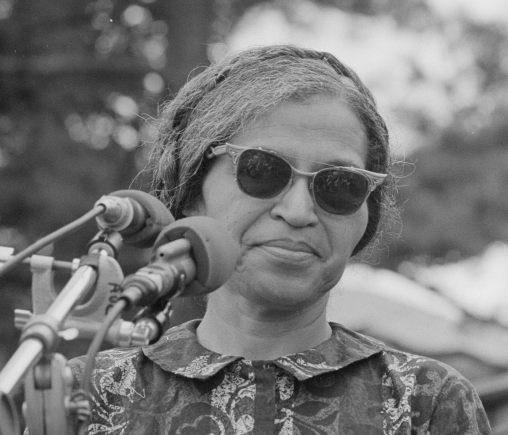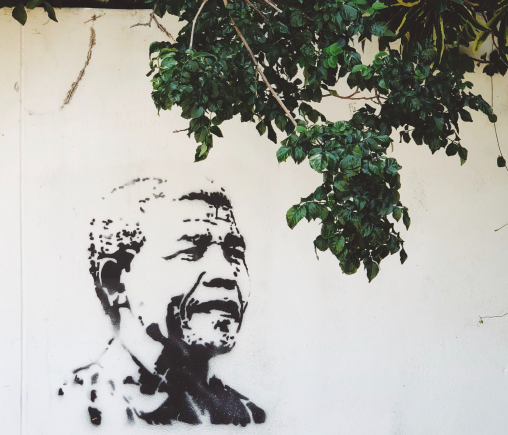
Who are we to set the norms?
Benedict Joe

- Photo by: Mr cup fabien barral
As soon as we are brought into this world as a young infant, with no understanding of what is even oxygen or water, the world and society has already labelled us and our destiny on what we should do and what we shouldn’t do? Societal standards are not set for those who want to make a change, they are set for those who don’t have the passion and strength to decide for themselves.
Norms and standards are nothing more than societies synonyms for cages, you are expected to follow them and be cast out if refused, well the people who made it places and have made changes to the world were always the ones to reject these norms even if it cost them their life. Here are few of those icons that said “norms are for the weak minded”.
Nelson Mandela
In 1942, Mandela joined the African National Congress and fought against apartheid in South Africa. He was arrested on multiple occasions for his anti-apartheid activism. He was given a life sentence in 1962, of which he served 27 years before release. His activism continued while in prison, leading to the abolition of apartheid and his eventual presidency in 1994.
Without Nelson Mandela’s commitment to the abolition of apartheid in the face of oppression and imprisonment, the world could be a very different place. He represents equality, fairness, democracy, and freedom in an often unequal, unfair, and undemocratic world.
Wangari Maathai
Wangari Maathai was a Kenyan environmental, political, and gender equality activist. She’s well known for founding the Green Belt Movement in 1977, which prioritized environmental conservation and women’s rights. Her work earned her many accolades, including serving as a member of the Kenyan Parliament and receiving a Nobel Peace Prize in 2004.
Wangari was arrested for the first time in 1992 for being part of a pro-democracy activist group. After her and other activists received threats of arrest and assassination, she barricaded herself in her home. Police broke in to arrest her, then released her two days later.
“You worry that you, your family, or your friends will be arrested and jailed without due process. The fear of political violence or death, whether through direct assassinations or targeted “accidents,” is constant. Such was the case in Kenya, especially during the 1990s,” said Wangari of the incident.
She was arrested twice again in 2001: once for collecting petition signatures to protect public forests, and again for planting trees in Uhuru Park in Nairobi. She was released both times without being charged.
Liu Xiaobo
Liu Xiaobo was a Chinese writer, professor, and human rights activist who called for political reforms and the end of communist single-party rule.
Liu was detained in 2008 because of his work with the Charter 08 manifesto. The manifesto called for an independent legal system, freedom of association, and the end of one-party rule in China. He was arrested in 2009 on suspicion of “inciting subversion of state power.” He was sentenced to 11 years in jail and deprivation of political rights for two years. He was diagnosed with liver cancer in 2017 and granted medical parole, and later passed away in July 2017.
During his fourth prison term, he was awarded the 2010 Nobel Peace Prize for “his long and non-violent struggle for fundamental human rights in China.” He was the first Chinese citizen to be awarded a Nobel Prize while residing in China and the third person to be awarded the Nobel Peace Prize while in prison or detention, after Germany’s Carl von Ossietzky (1935) and Aung San Suu Kyi (1991).
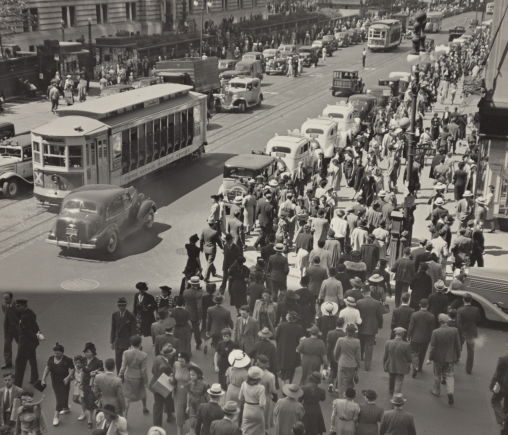
Rosa Parks
Rosa Parks was active in the Civil Rights movement in the 1950s, but she didn’t come to truly break the rules until December 1, 1955. On that day, Mrs. Parks was ordered to leave her seat on the bus to make room for a white man by James F. Blake. He insisted she move to the back of the bus’ “colored” section.
Parks refused and was arrested for civil disobedience. Parks wasn’t the first person to find themselves in a similar situation. Still, she stood out to the National Association of Colored People (NAACP). The organization rallied behind Parks’ challenge to her arrest, which led to the Montgomery bus boycott.
The 381-day boycott of the Montgomery bus system put intense pressure on the city, and the event helped galvanize the people into further action. In 1956, the Supreme Court of the United States ruled in Browder vs. Gale, finally putting an end to legal segregation on Alabama’s public transportation system.
The Civil Rights movement in the United States grew from Parks’ example and the SCOTUS decision. She helped stir the people to further action, resulting in greater progress that finally saw an end to legal segregation in the United States by 1968.
Susan B. Anthony
Susan B. Anthony was committed to social equality throughout her entire life. Most people think of her as one of the initial leaders of the suffrage movement, but her work towards equality began with a different cause. Anthony started collecting anti-slavery petitions at the age of 17, nearly 30 years before slavery was finally ended in the United States.
In 1856, she became the New York state agent for the American Anti-Slavery Society. She collected hundreds of thousands of signatures in support of the abolitionist movement. She founded the Women’s Loyal National League and initiated the American Equal Rights Association the year after slavery came to an end.
Her work in the Suffrage movement intensified throughout the 1860s, but it wasn’t until 1872 that she broke a rather important rule. Anthony voted in Rochester, New York, and was subsequently convinced in a widely publicized trial. Anthony steadfastly refused to pay the fine for her criminal activity but faced no further punitive action.
Anthony’s lifelong commitment to activism pushed for crucial social change. Fourteen years after she died, the 19th Amendment to the U.S. Constitution was passed in 1920, giving women the right to vote. It is colloquially known as the “Susan B. Anthony Amendment.”
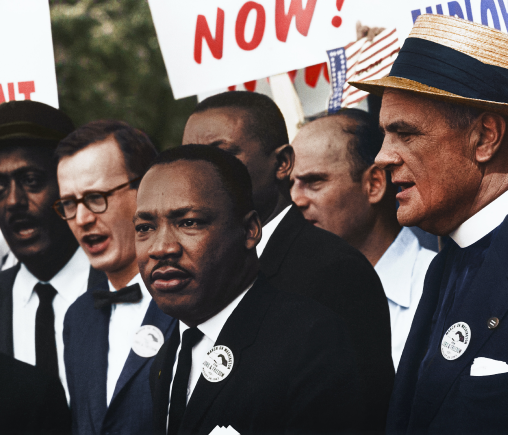
By Author


The technological backbone of EXPO 2020- Iman Al Omrani

Benedict’s Balladries’:
no related post found
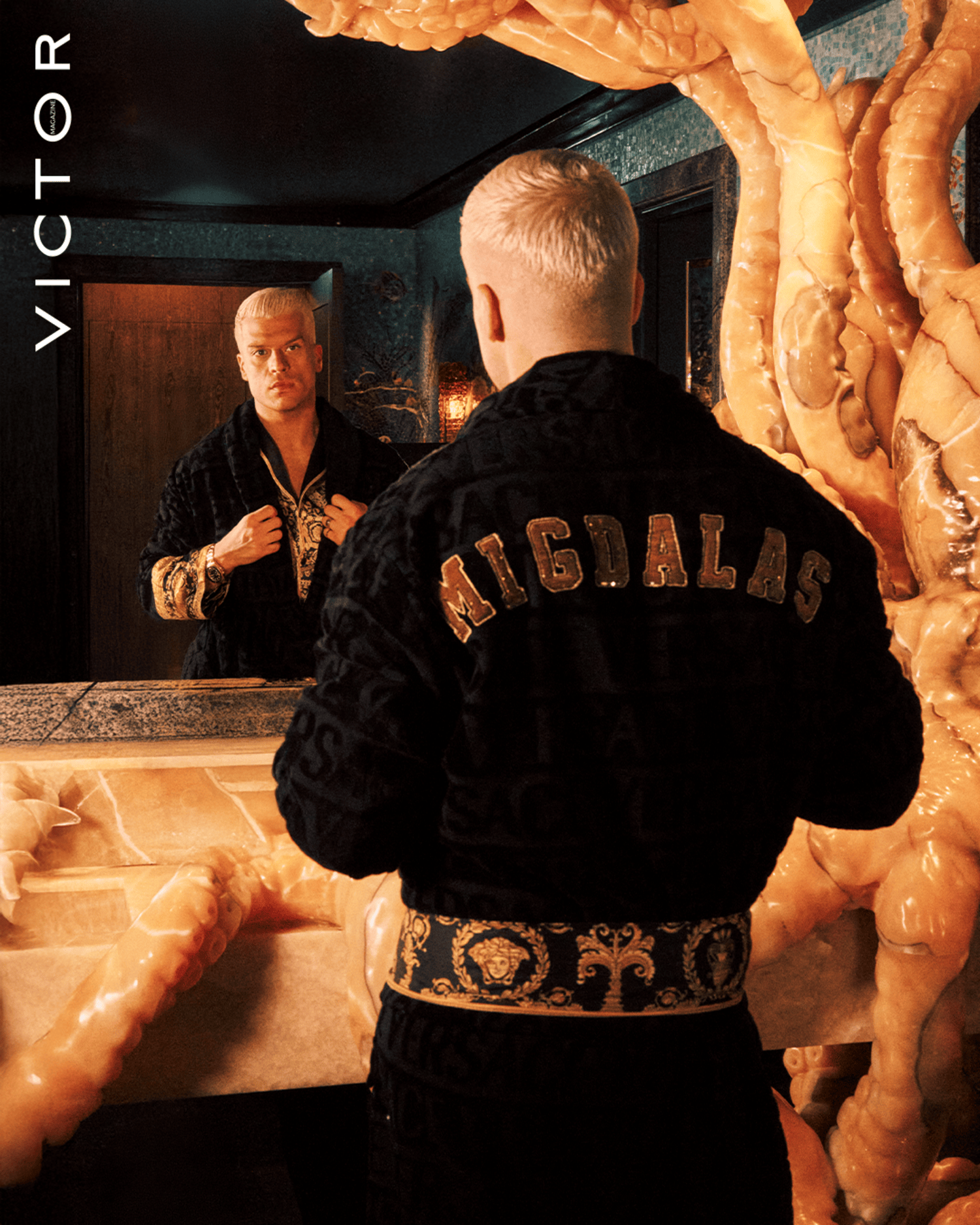
Beyond the Expected: John Migdalas on Today’s Luxury

“Flowers are our favorite F word!”

Indulging in Love and Flavor at Playa: A Valentine’s Day Delight

Beyond the Expected: John Migdalas on Today’s Luxury

“Flowers are our favorite F word!”

Indulging in Love and Flavor at Playa: A Valentine’s Day Delight
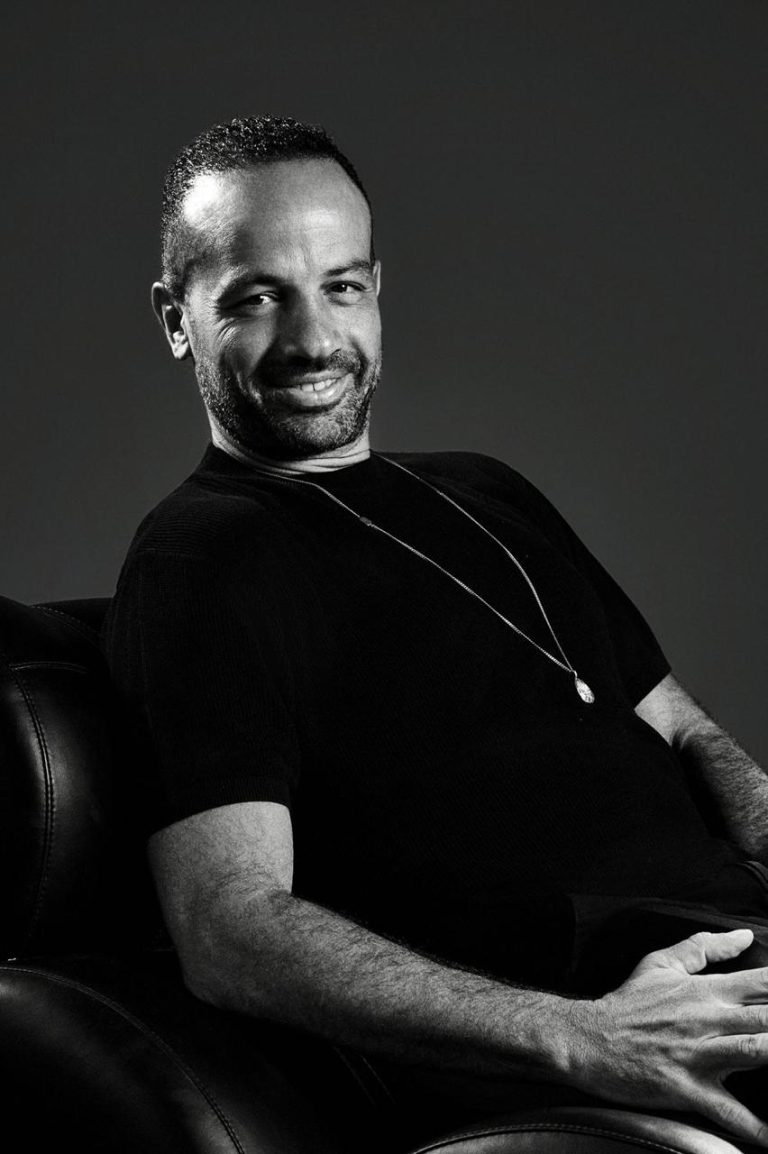
The Architect of Hits: Mousa Essa on RAW’s Unbeatable Formula


Linda Anggrea Chosen for BoF 500, Fashion’s Most Influential Voices 2025
related POSTS








